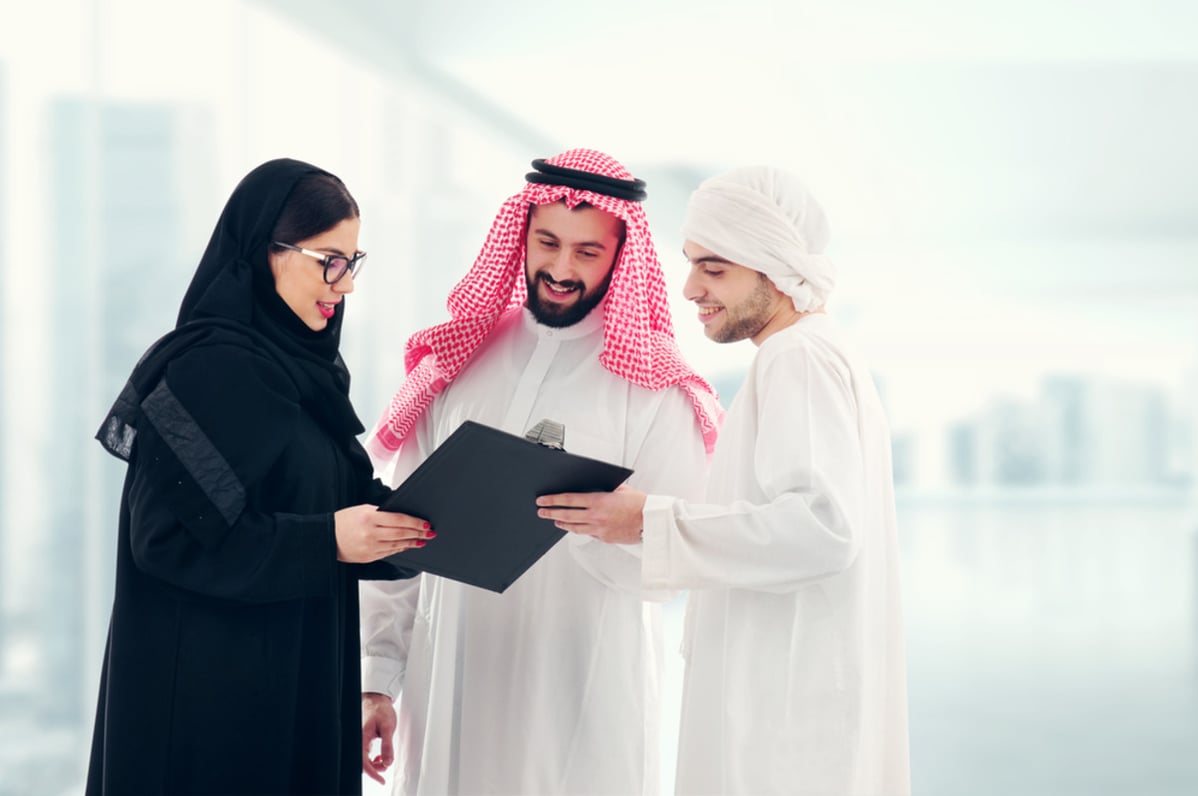A recent study unveils that CEOs in Saudi Arabia are displaying higher levels of confidence in the Kingdom’s economic growth prospects compared to their global, regional, and GCC counterparts. The findings of PwC’s 27th Annual CEO Survey – KSA indicate that an impressive 89 percent of surveyed Saudi CEOs are optimistic about the country’s economic growth, in contrast to 44 percent globally, 73 percent in the Middle East, and 81 percent in the GCC. This unparalleled confidence can largely be attributed to the ambitious goals set forth by Vision 2030, which has paved the way for transformative growth.
Read more: The anatomy of a successful CEO: 6 essential traits
Since its launch in 2016, Vision 2030 has propelled the Kingdom’s rise in the ranking of global economies, currently standing as the 17th largest economy in terms of GDP size in 2022. The latest reports indicate that Saudi Arabia has climbed to the 16th spot among G20 nations in terms of GDP. In 2023, the country’s GDP surpassed $1 trillion for the first time and is projected by the IMF to reach $1.3 trillion by 2028.
Furthermore, over half of the CEOs (54 percent) express extreme confidence in their company’s revenue growth over the next 12 months, surpassing the global average of 37 percent, while an additional 40 percent display moderate confidence (compared to 32 percent globally). Given the magnitude of ongoing projects in Saudi Arabia and the positive outlook surrounding economic and financial reforms and initiatives, 74 percent of CEOs anticipate increasing their company’s headcounts.
Confidence in Vision 2030
Commenting on the findings, Riyadh Al Najjar, PwC Middle East chairman of the Board & KSA country senior partner, said: “There is no doubt that CEOs in Saudi Arabia have confidence in Vision 2030. It has brought about a massive and fast transformation in the country, leading to strong economic growth. The reforms are aimed at reducing oil dependency, diversifying the economy and increasing competitiveness. Moving ahead, we expect business leaders to continue reinventing their businesses to remain agile and sustainable in the long-term.”

The imperative to evolve
CEOs in Saudi Arabia recognize the imperative to evolve as they explore growth opportunities, with 49 percent stating that their companies will not remain viable in 10 years if they continue on their current trajectory, a figure similar to the global average of 45 percent.
Partnerships and alliances
Partnerships and alliances have played a critical role in Saudi Arabia’s navigation of a monumental economic shift over the past five years. These collaborations have led to new insights, enhanced expertise, and strengthened collaborative innovations. During the same period, government regulations influenced changes in how businesses create, deliver, and capture value for 54 percent of CEOs, while supply chain instability was indicated by 51 percent as a key factor.
Tech transformation
Saudi CEOs anticipate significant changes in their business models over the next three years, primarily driven by technological change (60 percent compared to 56 percent globally) and customer preference (69 percent compared to 49 percent globally). However, despite the strong need to embrace emerging technologies, CEOs in the Kingdom express concerns about cyber risks. In the next 12 months, 40 percent anticipate moderate exposure, while 20 percent anticipate high or extreme exposure to such risks.
Generative AI
More than half of the CEOs (54 percent) believe that generative AI will enhance the quality of their companies’ products and services. Looking ahead, 66 percent anticipate that generative AI will bring about significant changes in the creation, delivery, and capture of value within the next three years. Additionally, 71 percent of Saudi Arabian leaders expect that most of their workforce will need to acquire new skills in response to generative AI, while an equal number believe it will enhance their efficiency and that of their employees. Regarding its impact on business economics, 66 percent of Saudi CEOs anticipate that generative AI will increase revenue, and 57 percent believe it will enhance profitability within the next 12 months.
Climate action
When it comes to climate action, Saudi Arabia exhibits the highest levels of concern (29 percent) compared to its regional (15 percent) and global (12 percent) counterparts. Sixty percent of Saudi CEOs express a desire to improve energy efficiency within their businesses. More than half are innovating climate-friendly products, services, or technologies, while 43 percent are incorporating climate risk into their financial planning. However, 74 percent of CEOs have rejected lower returns on climate-friendly investments in the past year, with 32 percent highlighting the challenges of regulatory complexity and the lack of climate-friendly technologies in their sectors.
Stephen Anderson, Middle East strategy leader at PwC Middle East, added: “Besides the heightened optimism about the future, CEOs in Saudi Arabia also understand the need to evolve to remain agile and viable in the next few years. Strategic partnerships, adoption of technologies, such as GenAI, and a definitive drive to incorporate climate resilience practices in their business models, are all contributing to strengthening their ability to keep pace with rapid transformation.”
For more news on the economy, click here.




